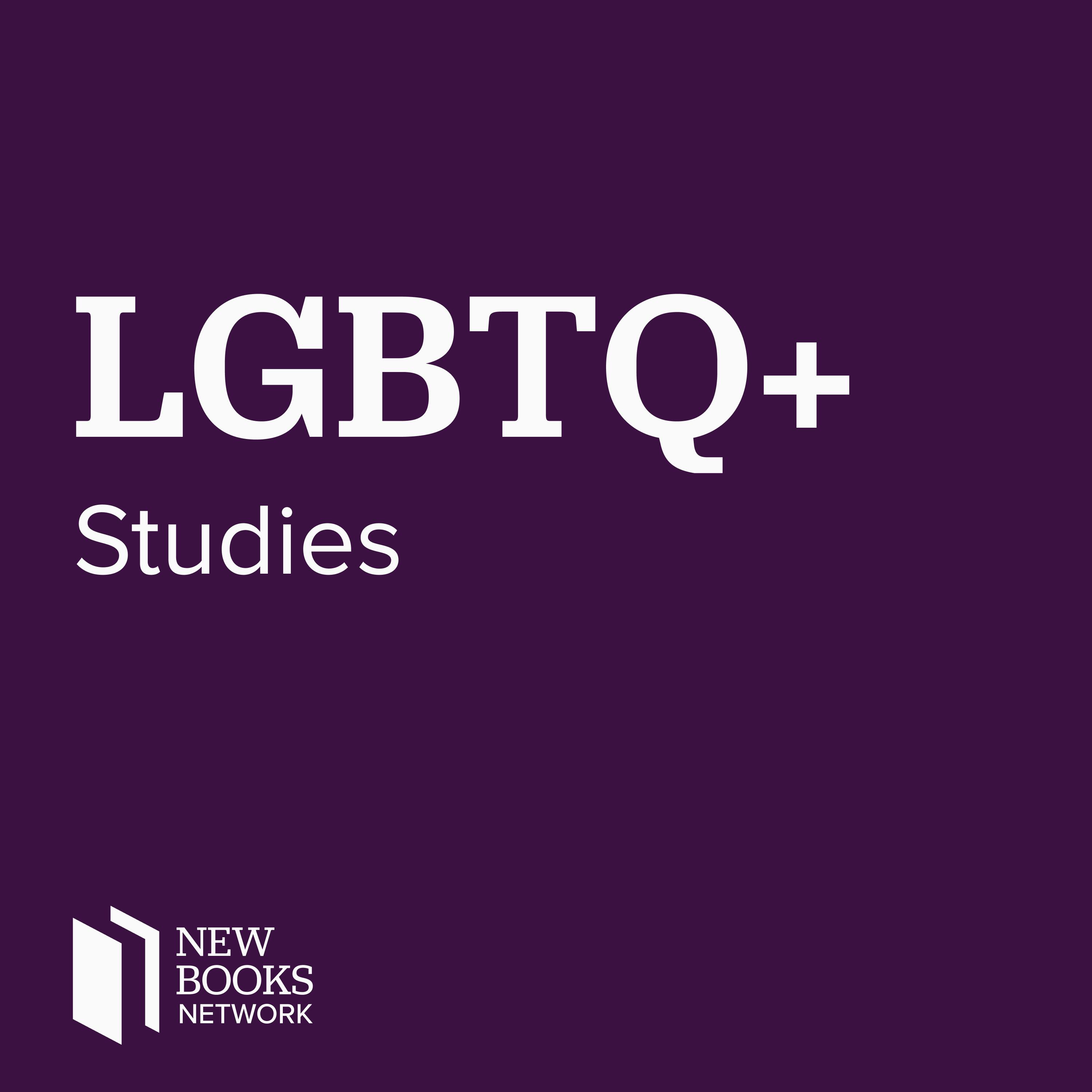Japonica Brown-Saracino, “How Places Make Us: Novel LBQ Identities in Four Small Cities” (U Chicago Press, 2017)
Many of us move to a new place at some point in our lives for a variety of reasons: for a job, to be with a partner, to attend school, for a change of scenery, to retire. When we have a choice, we consider a host of place characteristics to make a decision on where to go: its cost of living, crime rate, climate, array of “qualities” (life, schools, housing), amenities. And, we often assume that when we get there we will either always “be ourselves” or reinvent ourselves, and become a new person. Little do we know that our identities—how we think about and perform them—are more out of our control in new environments than we ever would have thought and could never have planned. In her provocative new book, How Places Make Us: Novel LBQ Identities in Four Small Cities, sociologist Japonica Brown-Saracino challenges the idea that we always possess a “core self” wherever we go. By examining lesbian, bisexual, and queer (LBQ) women in four cities around the U.S. (Ithaca, NY; San Luis Obispo, CA; Portland, ME; and Greenfield, MA), she strikingly finds homogeneity in terms of how people self-identify within places, but heterogeneity across places despite both the cities and people being similar. Brown-Saracino discovers that these women adopt distinct local “sexual identity cultures” that are shaped by elements in each place’s ecology, specifically how they perceive the abundance and acceptance there of others like them, the city’s narratives about itself, and the types of women like them that they meet. Most importantly, how they arrange and act out these identities are often very different from how they did so before they moved there. Featuring a rigorous analysis and compelling presentation, this book forces us to rethink what we know about the identities we hold, the communities we belong to, and the places where we live.
Richard E. Ocejo is associate professor of sociology at John Jay College and the Graduate Center of the City University of New York (CUNY). He is the author of Masters of Craft: Old Jobs in the New Urban Economy (Princeton University Press, 2017), about the transformation of low-status occupations into cool, cultural taste-making jobs (cocktail bartenders, craft distillers, upscale mens barbers, and whole animal butchers), and of Upscaling Downtown: From Bowery Saloons to Cocktail Bars in New York City (Princeton University Press, 2014), about growth policies, nightlife, and conflict in gentrified neighborhoods. His work has appeared in such journals as City and Community, Poetics, Ethnography, and the European Journal of Cultural Studies. He is also the editor of Ethnography and the City: Readings on Doing Urban Fieldwork (Routledge, 2012) and serves on the editorial boards of the journals Metropolitics, Work and Occupations, and the Journal for Undergraduate Ethnography.
Learn more about your ad choices. Visit megaphone.fm/adchoices
Support our show by becoming a premium member! https://newbooksnetwork.supportingcast.fm/lgbtq-studies
 Sign in
Sign in Sign in
Sign in Sign in
Sign in

















































